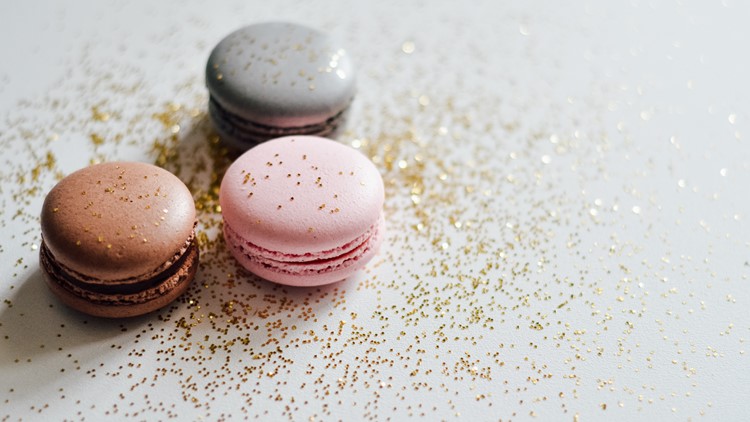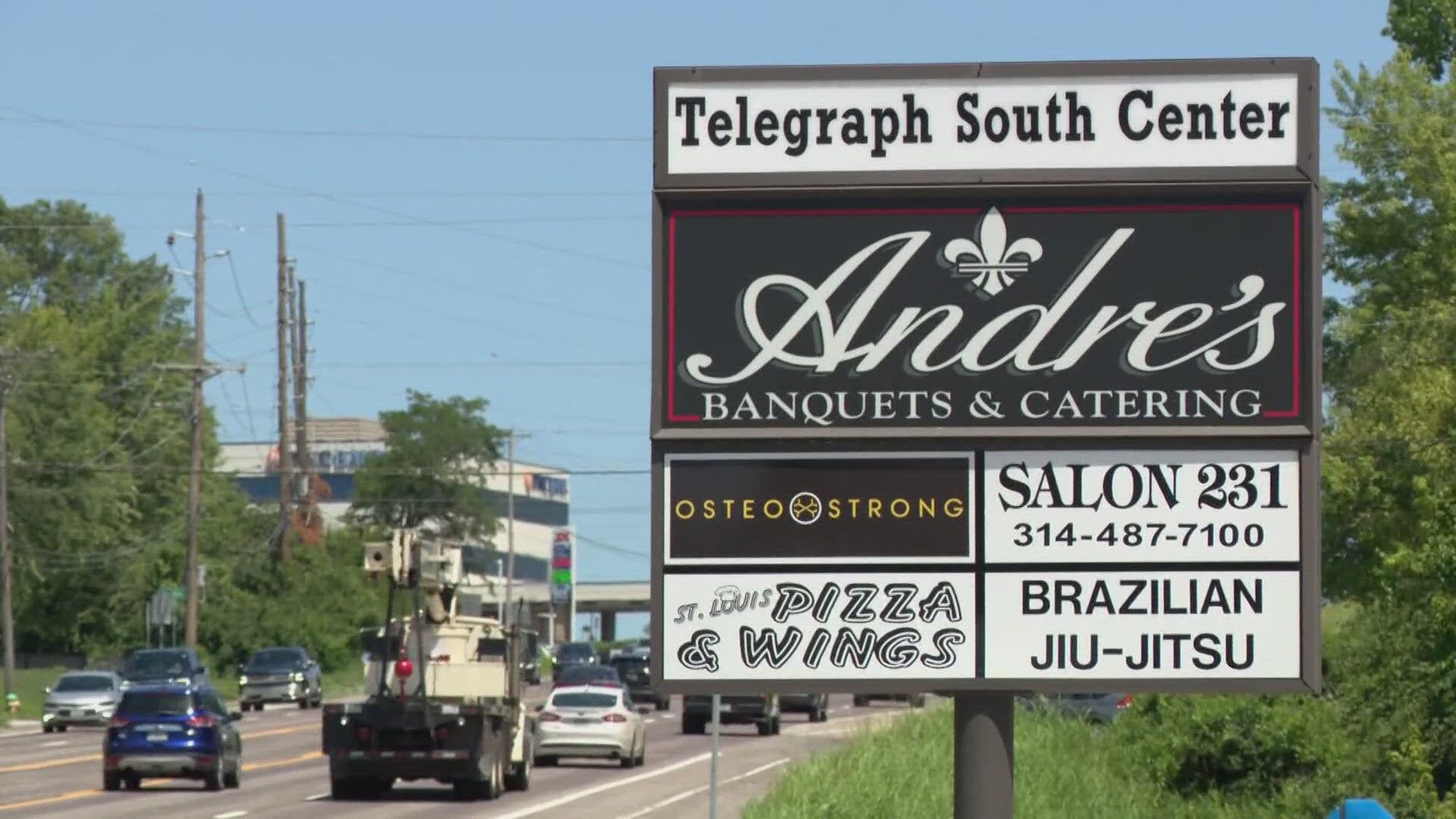NEW YORK — They make cakes and cupcakes sparkle and shine, but popular decorative glitters can contain toxic metals and aren’t always safe to eat.
The Centers for Disease Control and Prevention said in a report Thursday that the products known as “luster dust" aren’t all meant to be eaten even if they're labeled “nontoxic." Some should be used for display only, like on a cake topper that's removed.
The report cites investigations by health officials in two states that traced illnesses to baked goods using such dusts.
Rhode Island health officials investigated a report in 2018 of six children becoming sick after a birthday party, with symptoms including vomiting and diarrhea that were consistent with heavy metal poisoning. They all ate a bakery cake with a thick layer of frosting mixed with a "gold dust.”
Testing of a leftover slice of the cake showed it contained copper, as did tests on dust used by the bakery. The report notes the dust was marked as “nonedible,” “nontoxic” and “for decoration only.”
State health officials found widespread use of nonedible luster dust at other bakeries. Brendalee Viveiros, a food safety expert with the Rhode Island health department and co-author of the CDC report, said the state issued guidance on the use of luster dust to businesses.
In 2019, the report also notes that Missouri health officials identified a “primrose petal dust” used to decorate a cake as a lead hazard while investigating elevated lead levels in a 1-year-old child. A jar of bright yellow decoration in the child's home had been used to create flowers for the birthday cake. Lab tests of the dust, which was labeled as “nontoxic," indicated the sample was 25% lead.
A public advisory from the Food and Drug Administration also warns about the potential hazards of eating decorative glitters. It says bakers should check the labels of decorative products used on foods, which are required to have a list of ingredients. If the label only says the product is “nontoxic” or “for decorative purposes only” and doesn’t have an ingredient list, the agency said it shouldn’t be used on foods.
The agency noted that the glitters can be sold under names including disco dust, twinkle dust, shimmer powder and petal dust.



